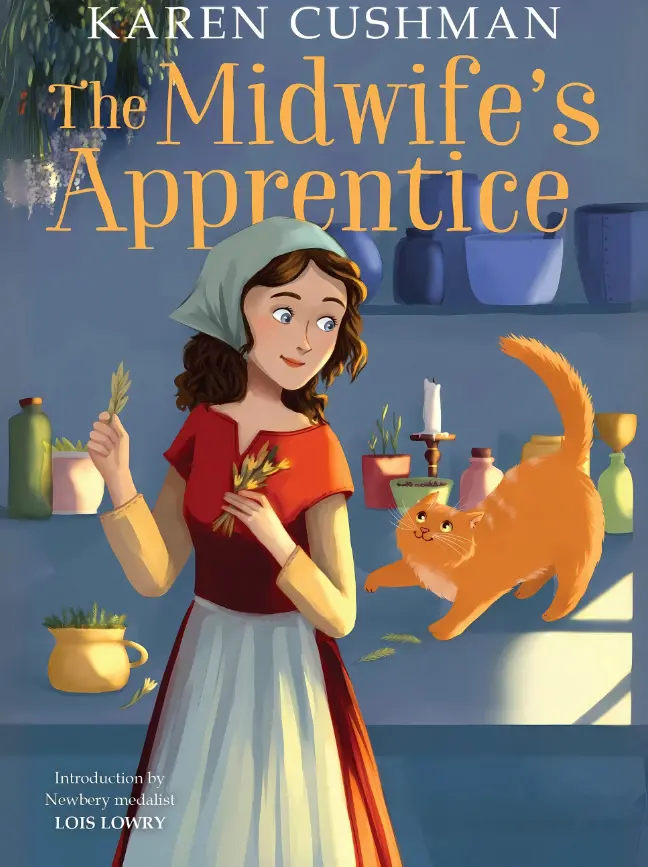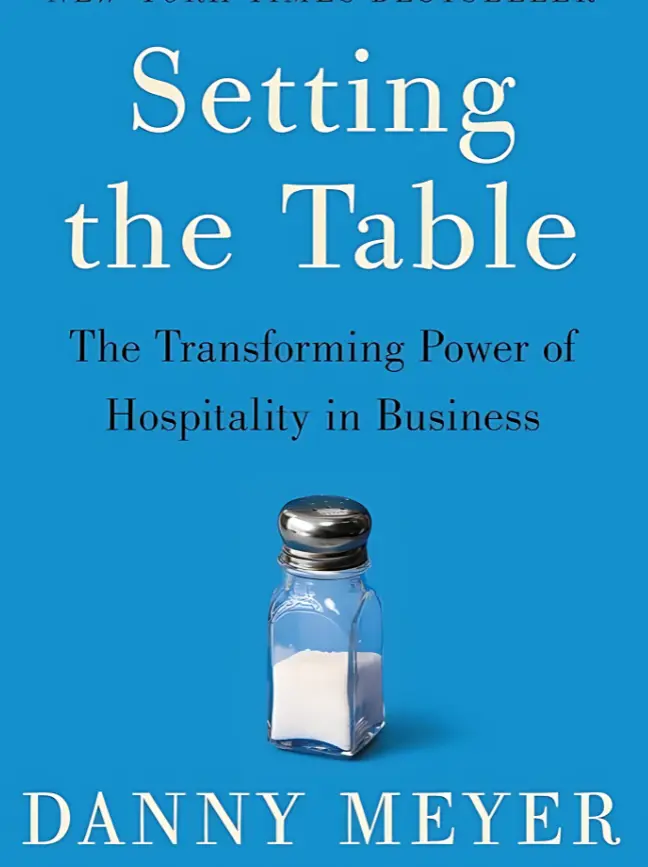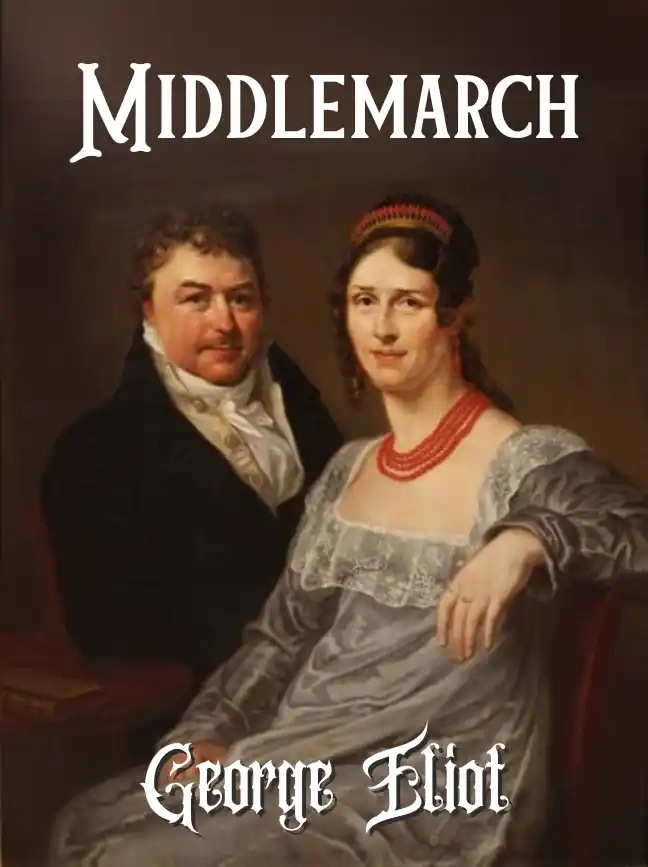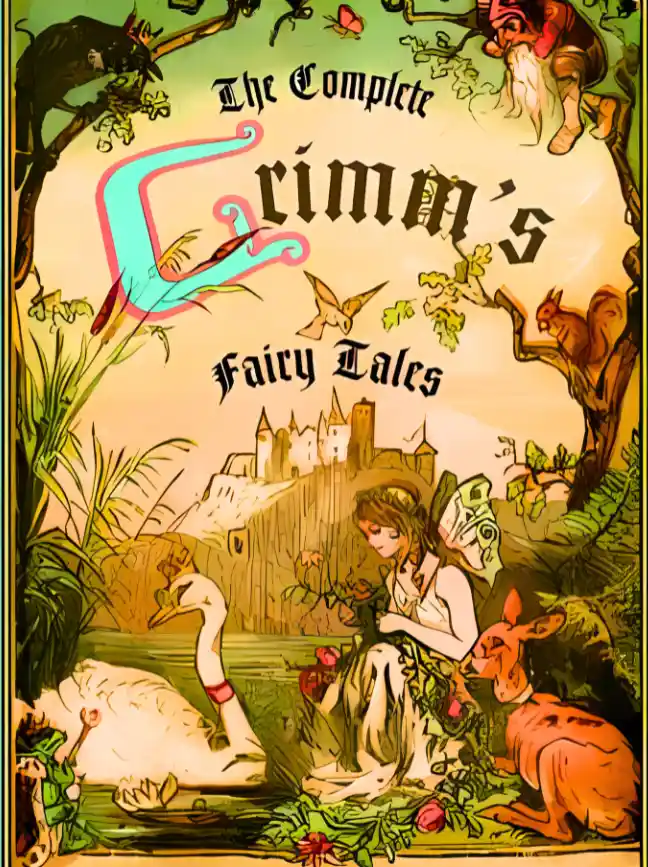In the mornings Florence or one of the maids came by to deliver Noemí’s breakfast tray. She had tried to converse with the maids, but they did not offer anything but curt yeses and nos to Noemí. In fact, when she encountered any of the staff of High Place—Lizzie or Charles or the eldest of the three servants, Mary—they inclined their head and kept walking, as if they were pretending Noemí did not exist.
The house, so quiet, with its curtains drawn, was like a dress lined with lead. Everything was heavy, even the air, and a musty scent lingered along the hallways. It felt almost as if it were a temple, a church, where one must speak in low voices and genuflect, and she supposed the servants had acclimatized to this environment and therefore tiptoed along the staircase, unwilling nuns who had made vows of silence.
That morning, however, the quiet routine of Mary or Florence knocking a single time, walking in, and setting her tray on a table was interrupted. There were three knocks, three soft rapping noises. No one walked in, and when the knocks were repeated Noemí opened the door to find Francis there, bearing her tray.
“Good morning,” he said.
He quite surprised her. She smiled. “Hello. Are you short staffed today?”
“I offered to help my mother deliver this, since she’s busy seeing about Great Uncle Howard. He’s had pain in his leg last night, and when he does he’s in a foul mood. Where should I set it down?”
“Over there,” Noemí said, stepping aside and pointing at the table.
Francis carefully set the tray down. Afterward he slid his hands into his pockets and cleared his throat.
“I was wondering if you’d be interested in looking at those spore prints today. If you have nothing better to do, that is.”
This was a great chance for Noemí to ask him for a ride, she thought. A bit of socializing and he was sure to do as she said. She needed to go into town.
“Let me talk to my secretary. I have a very full social agenda,” Noemí replied cheekily.
He smiled. “Should we meet in the library? In, say, an hour?” “Very well.”
—
It was close to a social outing, this trek to the library, and it invigorated her, for she was an eager social creature. Noemí changed into a polka-dot day dress with a square neck. She had misplaced the matching bolero jacket and really she ought to have been wearing white gloves with it, but their location being what it was, it was not as if a little faux pas like that would be noticed and make it into the society pages.
As she brushed her hair she wondered what everyone was up to back in the city. No doubt her brother was still behaving like a baby with that broken foot of his, Roberta was probably trying to psychoanalyze their whole circle of friends as she always did, and she was sure by now Hugo Duarte had found a new girl to take to recitals and parties. The thought needled her for a second. Hugo was, truth be told, a good dancer and decent company during social functions.
As she descended the stairs she was amused by the thought of a party at High Place. No music, of course. The dancing would have to take place in silence, and everyone would be dressed in gray and black, as if attending a funeral.
The hallway that led to the library was profusely decorated with photographs of the Doyles rather than paintings, as was the case on
the second floor. It was hard, however, to look at them because the hallway was kept in semi-darkness. She’d need to hold a flashlight or candle to them to see anything properly. Noemí had an idea. She walked into the library and the office and pulled the curtains aside. The light filtering out through the open doors of these rooms lit up a stretch of wall, providing her a chance to examine the images.
She looked at all those strange faces that seemed nevertheless familiar, echoes of Florence and Virgil and Francis. She recognized Alice, in a pose very similar to the one she sported in the portrait above Howard Doyle’s fireplace, and Howard himself, rendered young, his face devoid of wrinkles.
There was a woman, her hands tightly held in her lap, her light hair pinned up, who regarded Noemí with large eyes from her picture frame. She looked about Noemí’s age, and perhaps it was that, or the way her mouth was set so hard, somewhat between aggrieved and doleful, that made Noemí lean closer to the photograph, her fingers hovering above it.
“I hope I haven’t kept you waiting,” Francis said as he approached her, a wooden box under one arm and a book under the other.
“No, not at all,” Noemí said. “Do you know who this is here?”
Francis looked at the picture she was examining. He cleared his throat. “That is…that was my cousin Ruth.”
“I’ve heard about her.”
Noemí had never seen the face of a killer; she wasn’t in the habit of perusing the newspapers for stories about criminals. She recalled what Virgil had said, about people being bound to their vices and how their faces reflected their nature. But the woman in the photograph seemed merely discontent, not murderous.
“What have you heard?” Francis asked. “She killed several people, and herself.”
Noemí straightened herself up and turned to him. He placed the box on the floor, and his expression was distant.
“Her cousin, Michael.”
Francis pointed at a picture of a young man standing ramrod straight, the chain of a pocket watch glinting against his chest, his hair neatly parted, a pair of gloves in his left hand, his eyes rendered almost colorless in the sepia photograph.
Francis pointed at the photograph showing Alice, who looked like Agnes. “Her mother.”
His hand darted between two pictures, a woman with her light hair swept up and a man in a dark jacket. “Dorothy and Leland. Her aunt and uncle, my grandparents.”
He went quiet. There was nothing more to say; the litany of the dead had been recited. Michael and Alice, Dorothy, Leland, and Ruth, all of them resting in that elegant mausoleum, the coffins gathering cobwebs and dust. The thought of the party without music, the funerary clothes, now seemed extremely morbid and apt.
“Why did she do it?”
“I wasn’t born when it happened,” Francis said quickly, turning his head away.
“Yes, they must have told you something, there must have been
—”
“I told you, I wasn’t even born then. Who knows? This place could
drive anyone crazy,” he said angrily.
His voice sounded loud in this quiet space of faded wallpaper and gilded frames; it seemed to bounce off the walls and return to them, scraping their skin with its harshness, almost booming. It startled her, this acoustic effect, and it also seemed to affect him. He hunched his shoulders, shrank down, trying to make himself smaller.
“I’m sorry,” he said. “I shouldn’t raise my voice like that. The sound carries here, and I’m being very rude.”
“No, I’m being rude. I can understand you wouldn’t want to talk about such a thing.”
“Another time, perhaps I might tell you about it,” he said.
His voice was now velvet soft and so was the silence that settled around them. She wondered if the gunshots had boomed through the
house just as Francis’s voice had boomed, leaving a trail of echoes, and then the same plush silence.
You have a devious mind, Noemí, she chided herself. No wonder you dream awful things.
“Yes. Well, what about those prints you have with you?” she told him, because she did not want any more grimness.
They went into the library, and he spread on a table before her the treasures he carted in the box. Sheets of paper with brown, black, and purplish blotches upon the surface. They reminded her of the Rorschach images Roberta—the same friend who swore on Jung— had shown her. These were more accurate; there was no subjective meaning to be assigned. These prints told a story, as clear as her name written on a chalkboard.
He also showed her pressed plants, lovingly collected between the pages of a book. Ferns, roses, daisies, dried and catalogued with an immaculate handwriting that put Noemí’s shabby penmanship to shame. She thought their mother superior would have adored Francis, with his neatness and his organized spirit.
She informed him of this, told him how the nuns at her school would have fussed about him.
“I always got stuck at ‘I believe in the Holy Spirit,’ ” she said. “I couldn’t name its symbols. There was the dove and maybe a cloud and holy water, and oh, then I’d forget.”
“Fire, which transforms whatever it touches,” Francis said helpfully.
“I told you, the nuns would have loved you.” “I’m sure they liked you.”
“No. Everyone says they like me well enough, but that’s because they have to. No one is going to declare they hate Noemí Taboada. It would be crass to state such a thing while you’re nibbling at a canapé. You have to whisper it in the foyer.”
“Then, in Mexico City, at your parties, you spend the whole time feeling people don’t like you?”
“I spend the time drinking good champagne, dear boy,” she said.
“Of course.” He chuckled, leaning against the table and looking down at his spore prints. “Your life must be exciting.”
“I don’t know about that. I have a good time, I suppose.” “Aside from the parties, what do you do?”
“Well, I’m attending university, so that eats up much of my day. But you’re asking what I do in my spare time? I like music. I often get tickets to the Philharmonic. Chavez, Revueltas, Lara, there’s so much good music to listen to. I even play a little piano myself.”
“Do you, truly?” he asked, looking dazzled. “That is amazing.” “I don’t play with the Philharmonic.”
“Yes, well, it still sounds exciting.”
“It’s not. It’s so dull. All those years of scales and trying to hit the right keys. I’m so dull!” she declared, as one must. To seem too eager about anything was a little vulgar.
“You aren’t. Not at all,” he assured her quickly.
“You’re not supposed to say that. Not like that. You sound much too honest. Don’t you know anything?” she asked.
He shrugged, as if apologizing, unable to match her high spirits. He was bashful and a little odd. And she liked him in a different way than she liked the bold boys she knew, different than Hugo Duarte, whom she liked mostly because he danced well and resembled Pedro Infante. This was a warmer feeling, more genuine.
“You think me spoiled now,” she said and allowed herself to sound rueful, because she actually did want him to like her, and it wasn’t for show.
“Not at all,” he replied, again with that disarming honesty, as he leaned down on the table and fiddled with a couple of spore prints.
She rested her elbows on the table and leaned forward, smiling, until her eyes were level with his. They looked at each other.
“You’ll think it in a minute because I have to ask you for a favor,” she said, unable to forget the question she had on her mind.
“What?”
“I want to go into town tomorrow, and your mother said I can’t take the car. I was thinking you might give me a ride there and pick me up, say, a couple of hours later.”
“You want me to drop you off in town.” “Yes.”
He looked away, evading her gaze. “My mother will not have it.
She’ll say you need a chaperone.”
“Are you going to chaperone me?” Noemí asked. “I’m not a child.” “I know.”
Francis slowly walked around the table, stopping close to her and leaning down, inspecting one of the plant specimens on display. His fingers brushed lightly over a fern.
“They’ve asked me to keep an eye on you,” he said, his voice low. “They say you’re reckless.”
“I suppose you agree and you think I need a babysitter,” she replied, scoffing.
“I think you can be reckless. But maybe I can ignore them this one time,” he said, almost whispering, his head lowered as if to reveal a secret. “We should leave early tomorrow, around eight o’clock, before they’re up and about. And don’t tell anyone we’re going out.”
“I won’t. Thank you.”
“It is nothing,” he replied and turned his head to look at Noemí.
This time his gaze lingered on her for one long minute before, skittish, he stepped back and rounded the table again, returning to his original position. A bundle of nerves is what he was.
A heart, raw and bleeding, she thought, and the image lingered in her mind. The anatomical heart, like in the Lotería cards, red, with all veins and arteries, rendered bright crimson. What was the saying? Do not miss me, sweetheart, I’ll be back by bus. Yes, she had spent many lazy afternoons playing Lotería with her cousins, declaiming the popular rhyme that went with each card as they played and made their bets.
Don’t miss me, sweetheart.
Could she get Lotería cards in town? It might give her and Catalina an activity to pass the time. It would be something they’d done before, which would conjure memories of more pleasant days.
The door to the library opened and Florence walked in, Lizzie following her behind with a pail and a rag. Florence’s gaze swept across the room, coldly assessing Noemí and settling on her son.
“Mother. I didn’t realize you’d be cleaning the library today,” Francis said, quickly standing up straight and shoving his hands in his pockets.
“You know how it is, Francis. If we do not keep on top of things they fall apart. While a few may consign themselves to idleness, others must observe their duties.”
“Yes, of course,” Francis said and began gathering his things.
“I’d be happy to watch over Catalina while you do your cleaning,” Noemí offered.
“She’s resting. Mary is with her, anyway. There’s no need for you.”
“Still, I’d like to make myself useful, as you say,” she declared, uttering a challenge. She wasn’t going to let Florence complain that she did nothing.
“Follow me.”
Before Noemí exited the library, she glanced over her shoulder and shot Francis a smile. Florence marched Noemí into the dining room and gestured to the display cases crammed with silver.
“You were interested in these items. Perhaps you might polish them,” she said.
The Doyles’ silver collection was quite staggering, each shelf lined with salvers, tea sets, bowls, and candlesticks that sat dusty and dull behind glass. A lone person could not hope to tackle this whole task alone, but Noemí was determined to prove herself in front of this woman.
“If you give me a rag and some polish, I’ll do it.”
Since the dining room was very dark, Noemí had to light several lamps and candles in order to see exactly what she was doing. Then she set about meticulously working the polish into every crevice and curve, sliding the rag over enameled vines and flowers. A sugar bowl proved to be exceedingly difficult, but for the most part she managed well.
When Florence returned, many pieces lay gleaming on the table. Noemí was carefully polishing one of two curious cups that were shaped in the form of stylized mushrooms. The base of the cups was decorated with tiny leaves and even a beetle. Maybe Francis could tell her if this was based on a real mushroom species and which one.
Florence stood there, watching Noemí. “You’re industrious.” “Like a little bee, when I feel like it,” Noemí replied.
Florence approached the table, running her hands over the items Noemí had polished. She picked one of the cups up and spun it between her fingers, inspecting it. “You expect to win my praise this way, I think. It would take more.”
“Your respect, perhaps. Not your praise.” “Why would you need my respect?”
“I don’t.”
Florence set the cup down and clasped her hands together, her eyes admiring the metal objects, almost reverently. Noemí had to admit it was a bit overwhelming to look at so many glittering riches on display, though it seemed a pity they had all been locked away, dusty and forgotten. What good were mountains of silver if you didn’t use them? And the people in the town, they had so little. They didn’t keep silver locked in cabinets.
“Most of this is made from silver from our mines,” Florence said. “Do you have any idea how much silver our mine produced? God, it was dizzying! My uncle brought all the machinery, all the knowledge to dredge it from the dark. Doyle is an important name. I don’t think you realize how lucky your cousin is to be part of our family now. To be a Doyle is to be someone.”
Noemí thought of the rows of old pictures in the hallway, the dilapidated household with its dusty alcoves. And what did she mean that to be a Doyle meant to be someone? Did that make Catalina no one before she came to High Place? And was Noemí therefore confined to a faceless, luckless band of nobodies?
Florence must have noticed the skepticism in Noemí’s face, and she fixed her eyes on the young woman. “What do you talk about with my son?” the woman asked abruptly, clasping her hands again. “Back there, in the library. What were you talking about?”
“Spore prints.” “That’s all?”
“Well, I can’t recall it all. But now, yes, spore prints.” “You talk about the city, perhaps.”
“Sometimes.”
If Howard reminded her of an insect, then Florence brought to mind an insectivorous plant about to swallow a fly. Noemí’s brother had once owned a Venus flytrap. It had scared her a little, as a child.
“Don’t give my son any ideas. They will bring him pain. Francis is content here. He doesn’t need to hear about parties, music, and booze, and whatever other frivolities you choose to share with him about Mexico City.”
“I’ll be sure to discuss with him the preapproved subjects you dictate. Perhaps we can erase all the cities on the terrestrial globe and pretend they don’t exist,” Noemí said, because although Florence was intimidating, she was not willing to hide in a corner, like a baby.
“You’re very cheeky,” Florence said. “And you think you have a special power simply because my uncle thinks you possess a pretty face. But that’s not power. It’s a liability.”
Florence leaned over the table, looking at a large, rectangular serving tray with a border of stylized floral wreaths. Florence’s face, reflected on the silver surface, was elongated and deformed. She ran a finger around the tray’s border, touching the flowers.
“When I was younger, I thought the world outside held such promise and wonders. I even went away for a bit and met a dashing
young man. I thought he’d take me away, that he would change everything, change me,” Florence said, and her face softened for the briefest moment. “But there’s no denying our natures. I was meant to live and die in High Place. Let Francis be. He’s accepted his lot in this life. It’s easier that way.”
Florence fixed her blue eyes on Noemí. “I’ll put away the silver, no further assistance is required,” she declared, ending their conversation abruptly.
Noemí went back to her room. She thought about all the times Catalina had narrated fairy tales. Once upon a time there was a princess in a tower, once upon a time a prince saved the girl from the tower. Noemí sat on the bed and contemplated the notion of enchantments that are never broken.








